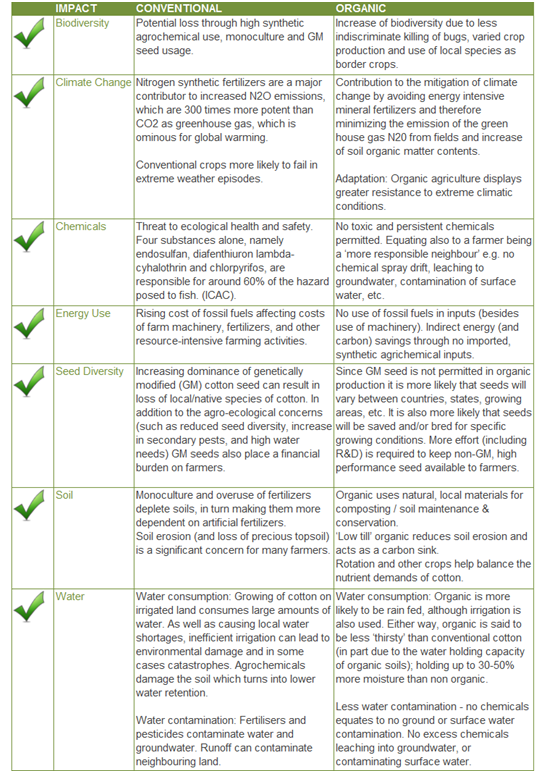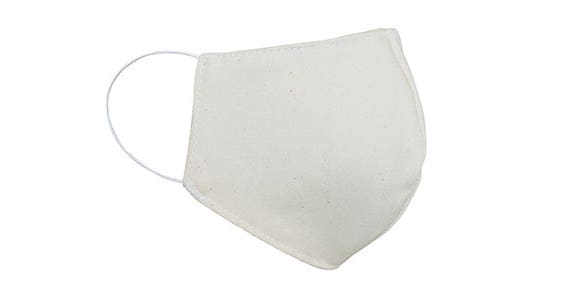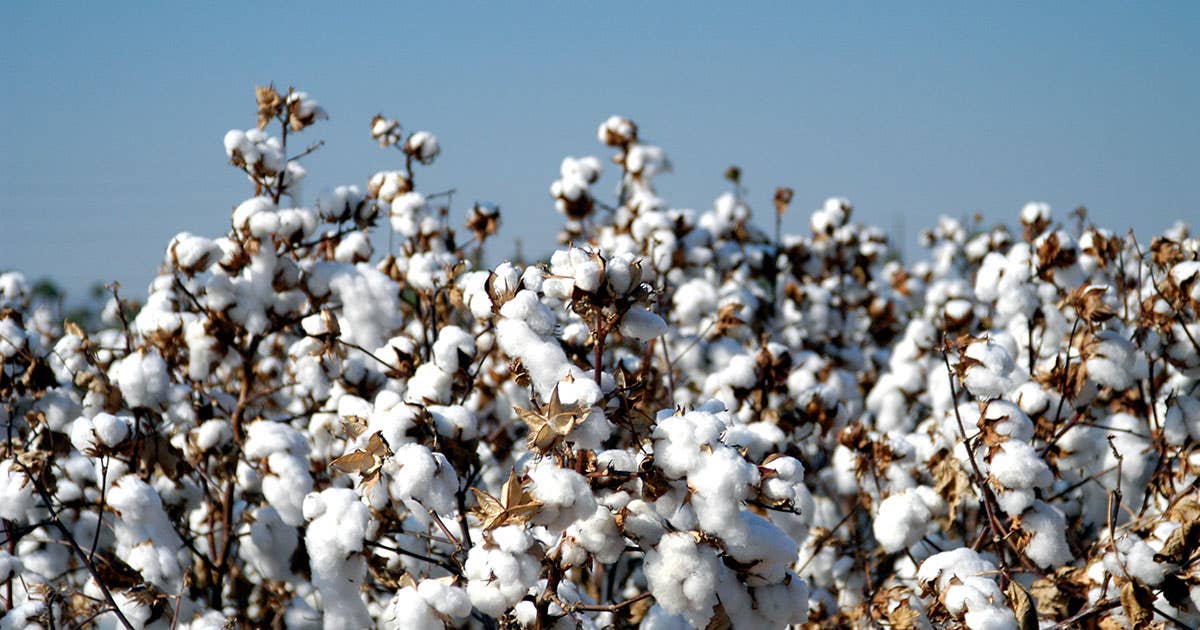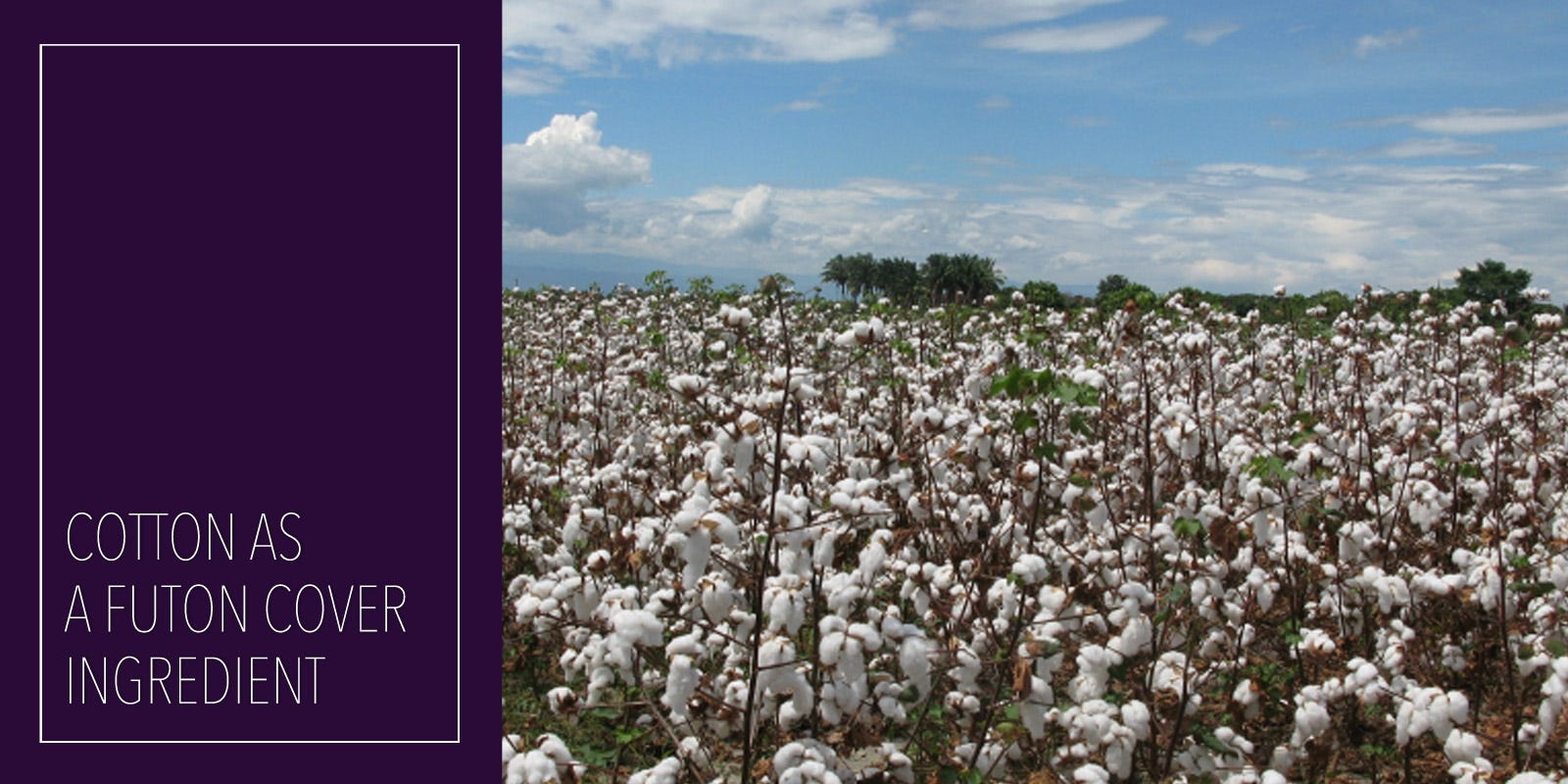
What Are The Best Organic Cotton Products For The Home?
There are a lot of negative effects of conventional cotton farming. Choosing organic methods of cotton farming over conventional cotton farming methods benefits us in many ways. Cotton grown organically uses processes that are beneficial for the environment and works in harmony with the ecosystem. It has positive longterm benefits on the soil being farmed, on the biodiversity of the local environment, produces stronger crops, and costs less money to maintain over time.
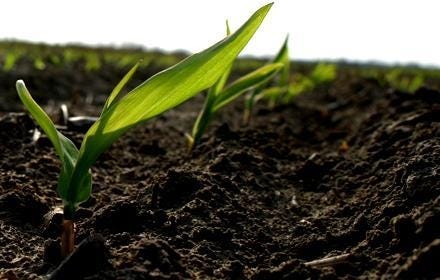
Organic production ensures that soil fertility is maintained or improved over long periods of time. By planting different crops, the soil does not become depleted of vital nutrients and minerals. Using natural methods of pest control rather than using toxic pesticides prevents severe pest infestation by maintaining a natural balance between potential pests and their natural enemies.
Organic farming ensures that soil fertility is maintained or improved, but surrounding water supplies do not become contaminated. With the use of natural fertilizers and pesticides, groundwater and rivers are kept free of synthetic chemicals, plus runoff is decreased as the soil has a greater ability to hold on to the water.
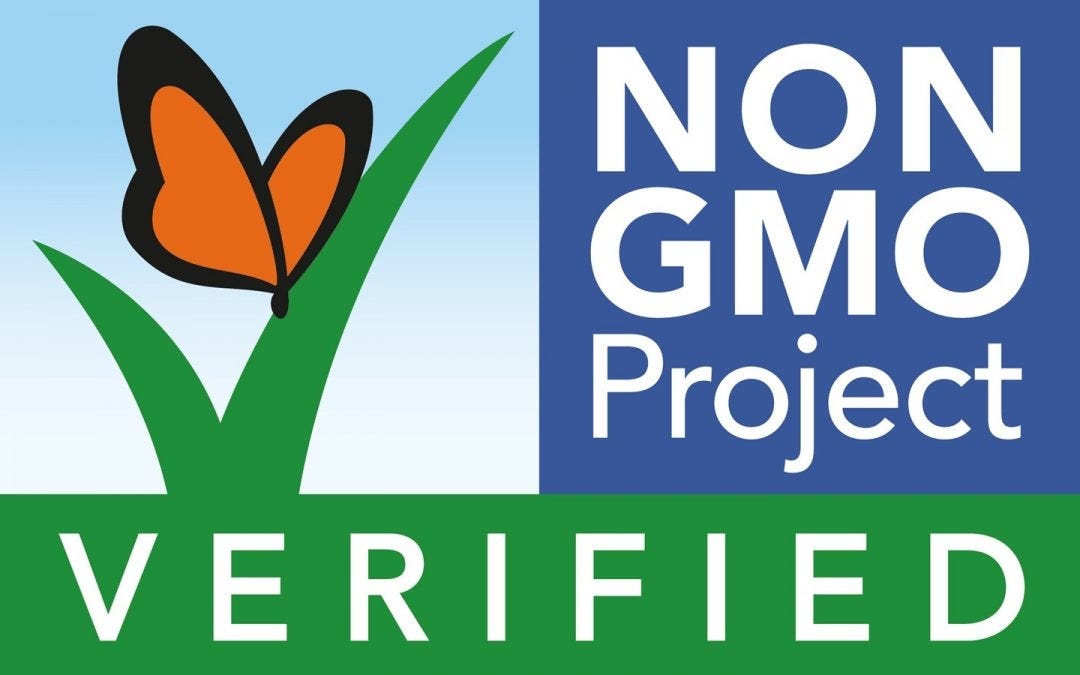
Further, biodiversity is enhanced due to the diversified cultivation and the non-use of GMOs. These methods maintain soil fertility, maintain the balance of insects and microbes, pest infestation is prevented by maintaining a natural balance between potential pests and their natural enemies which further encourages species biodiversity. Cotton grown organically is more resilient to climatic stresses such as drought and floods and are also thought to consume less water (than crops dependent on NPK fertilizers and/or genetic engineered plants). Because organically grown crops are more resilient, they can have yields higher than conventionally grown crops in unfavorable weather conditions.
Lastly, when utilizing organic production systems, farming costs are considerably lower, since most of the inputs are produced from local resources at farm level (compost, manure, natural pesticides). An enhanced crop rotation provides farmer families with a range of different food crops, thus improving their food security and reducing their dependency on the cotton market. Additionally, enhanced crop rotation is one process that maintains and increases soil fertility, reducing the need for adding chemical to the soil to maintain soil fertility.
Below is a table taken from the textile exchange, an excellent source of information about organic cotton farming and farmers.
Organic Cotton Is:
- Is Cotton Fabric Hypoallergenic?
- How Cotton Regulates Your Temperature?
- Is Cotton Biodegradable?
- How Do You Avoid GMOs In Cotton Fabric?

Check out this huge selection of Futon Slipcovers

Check out this amazing selection of Organic Cotton Futon Slipcovers
Compare Organic Cotton Futon Slipcovers to Natural Cotton Futon Slipcovers
Everything You Need To Know About Futons

